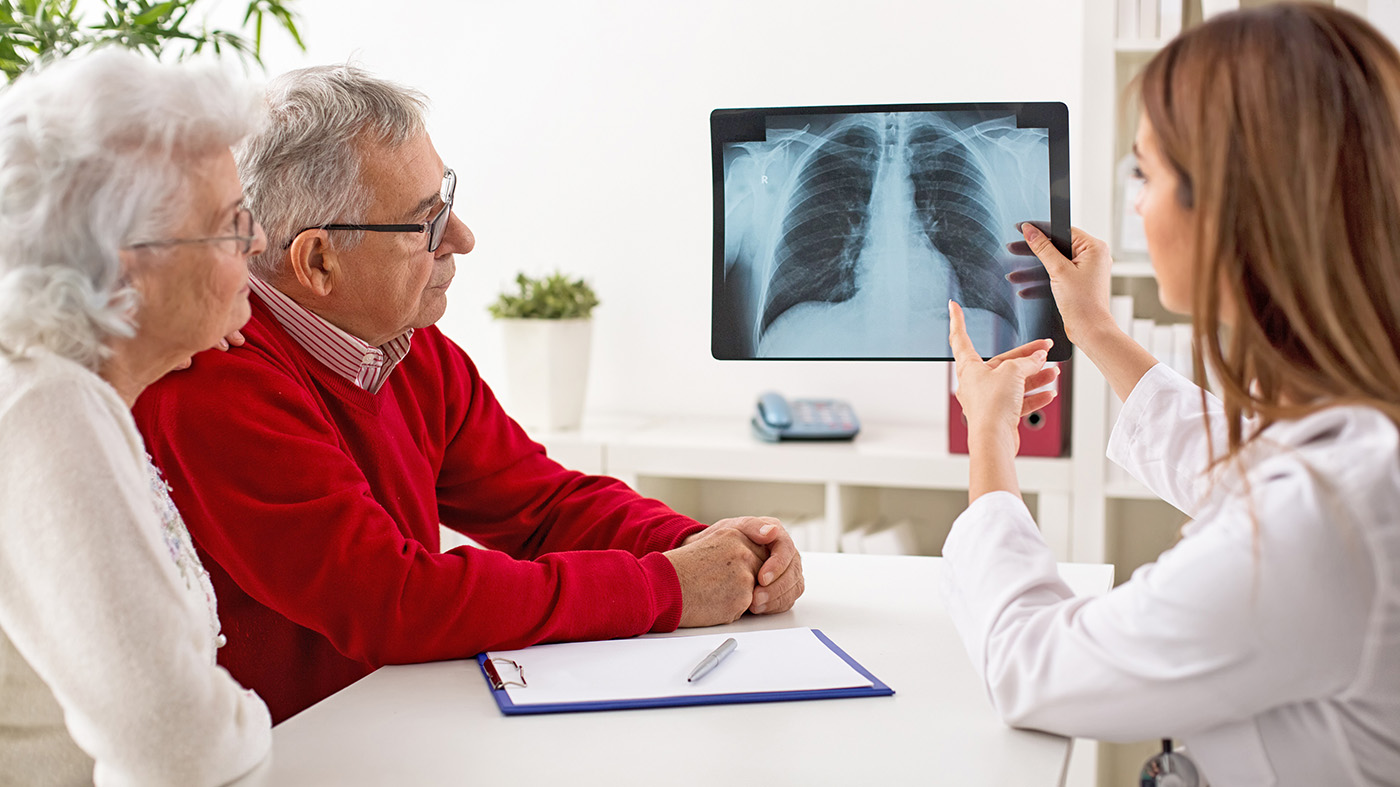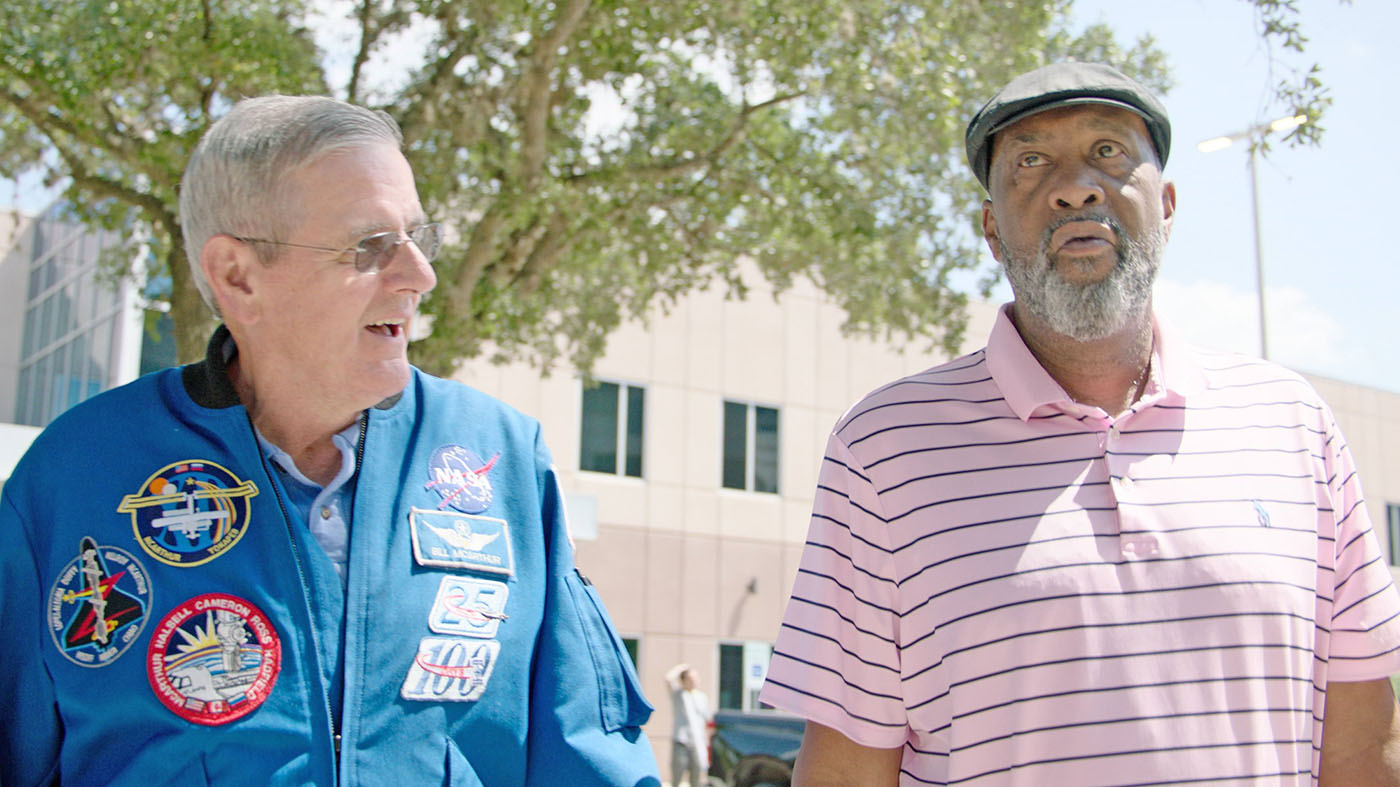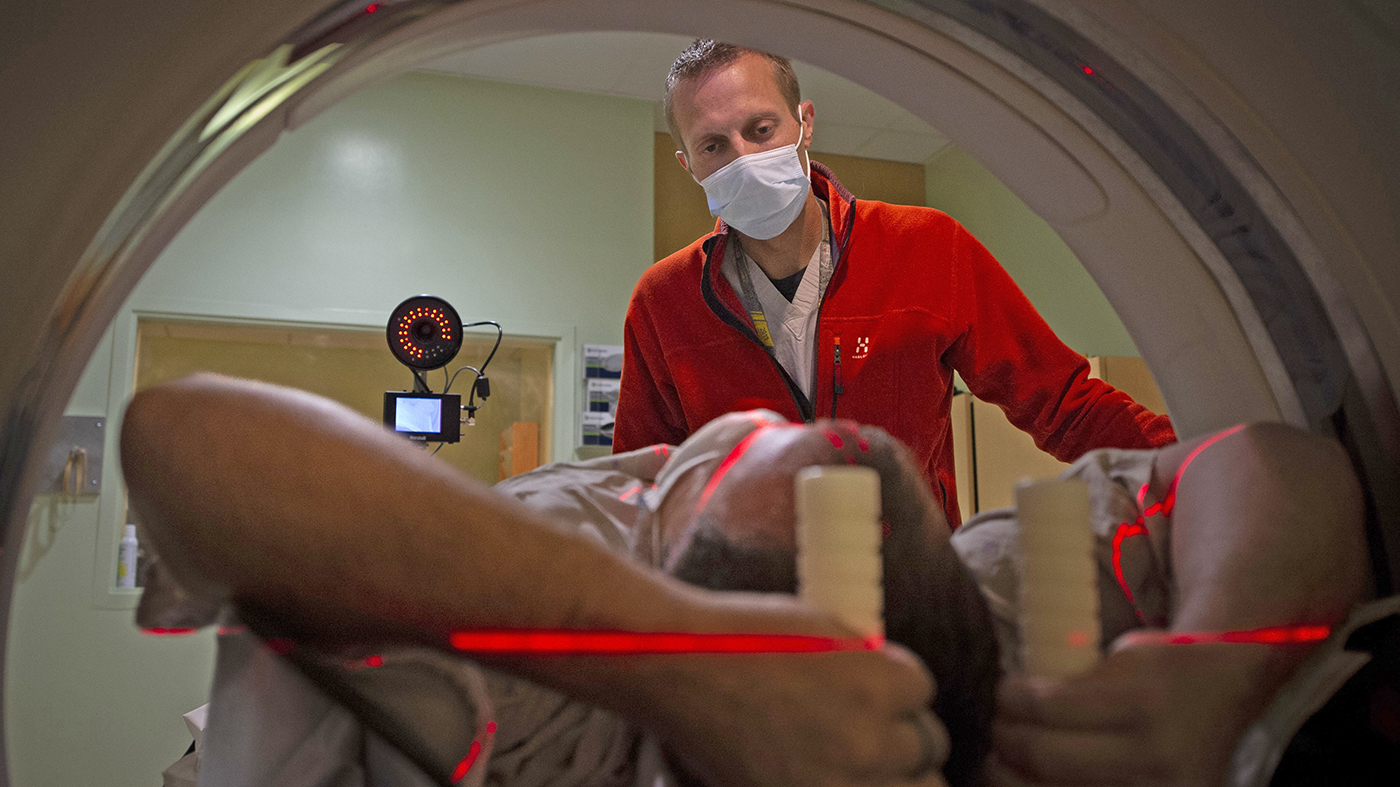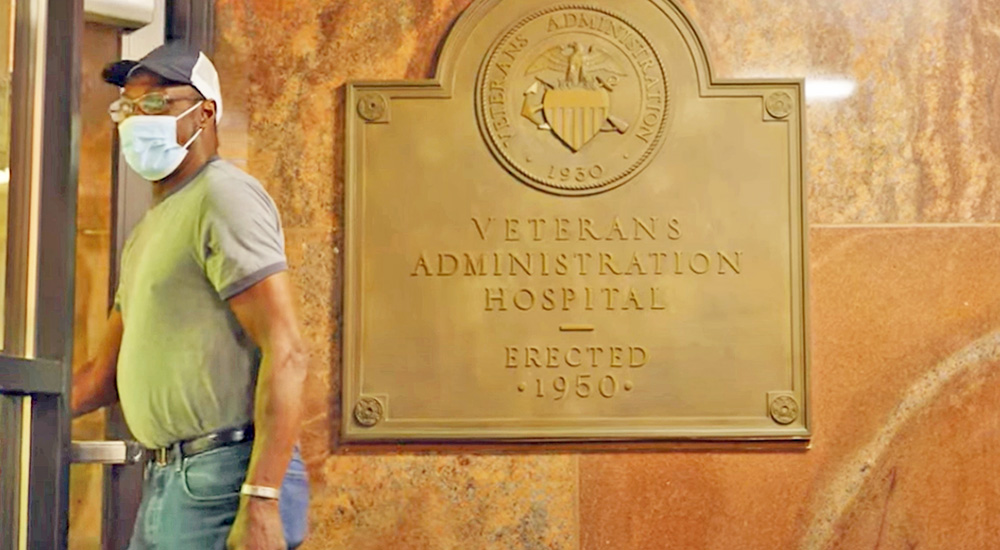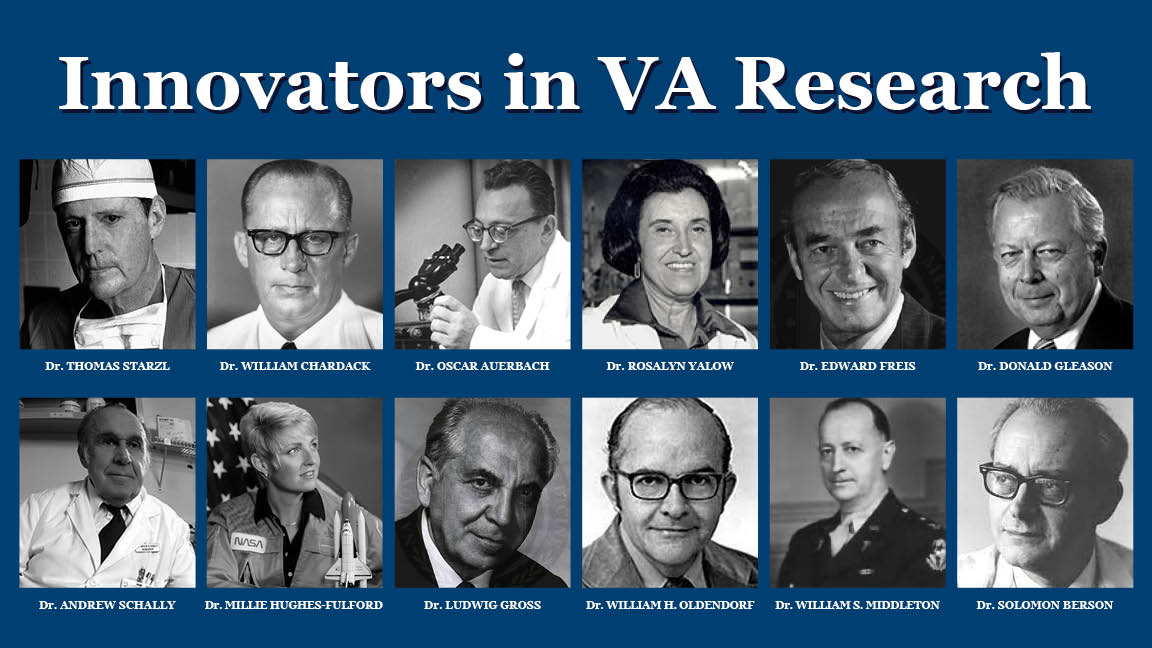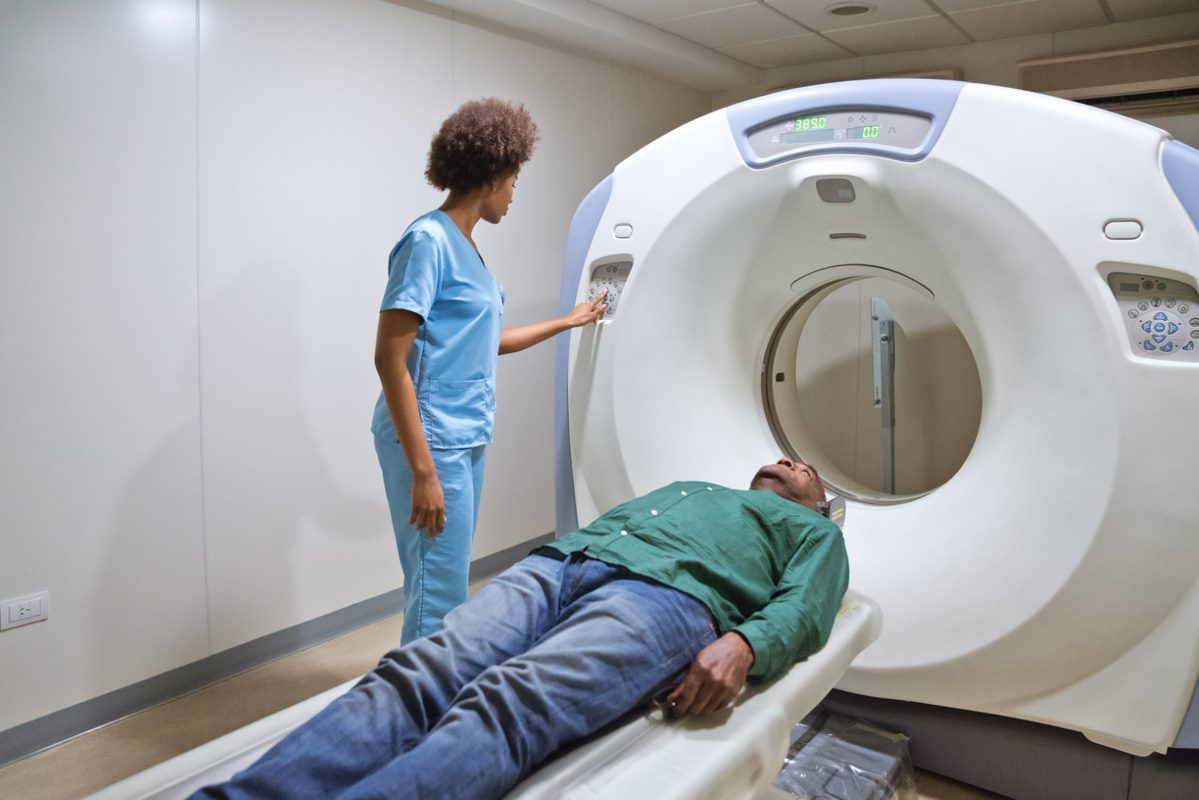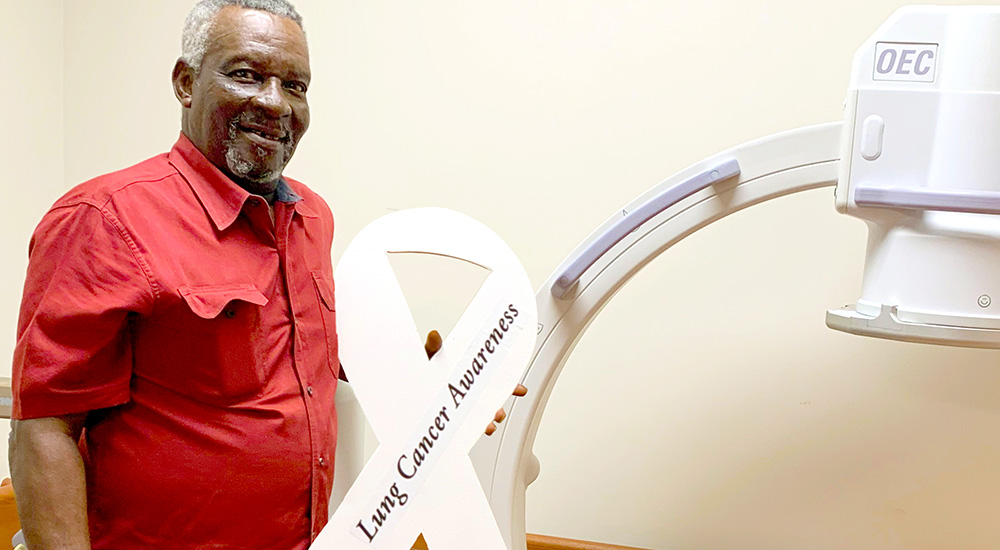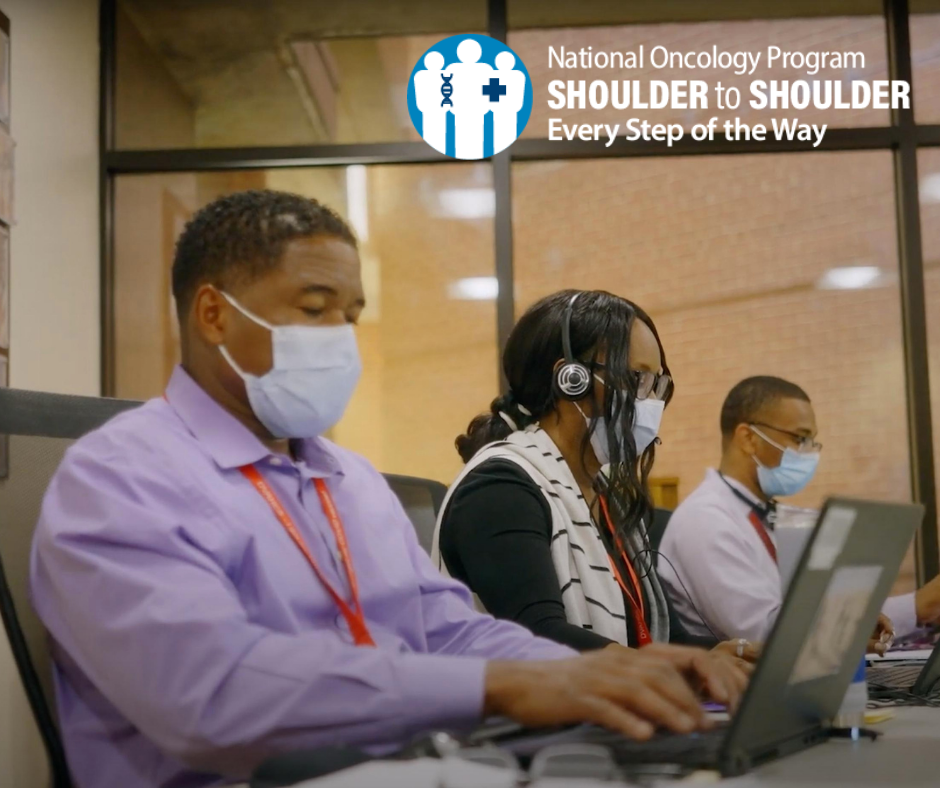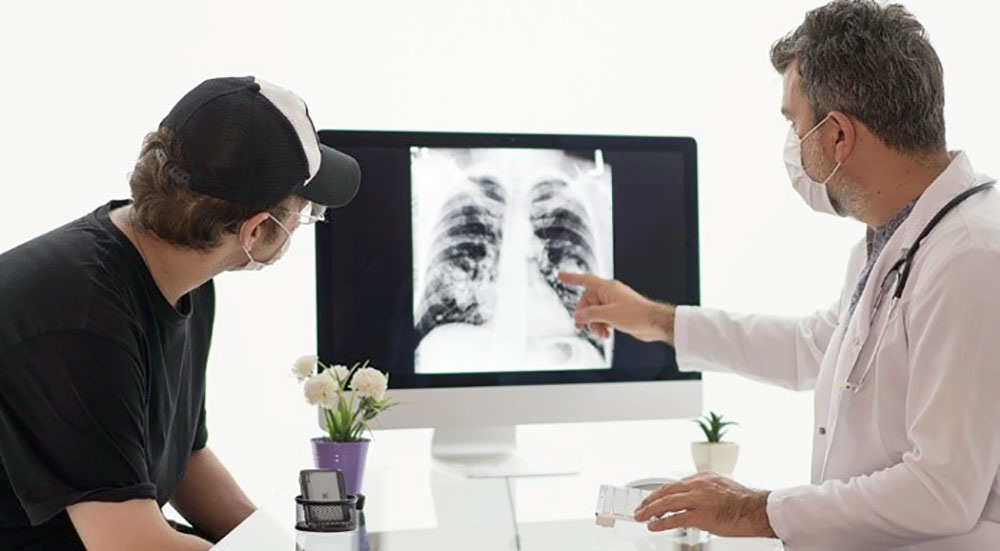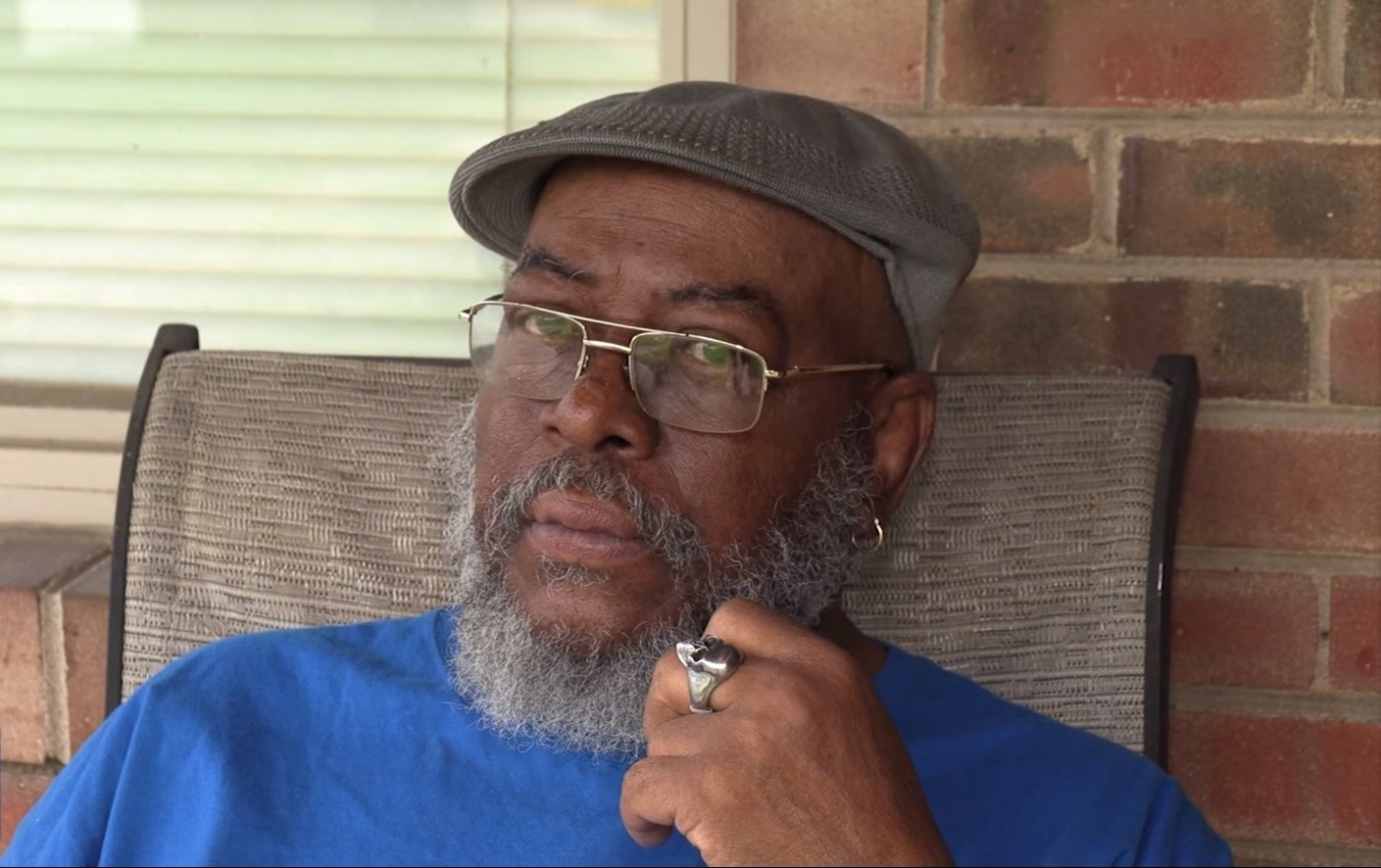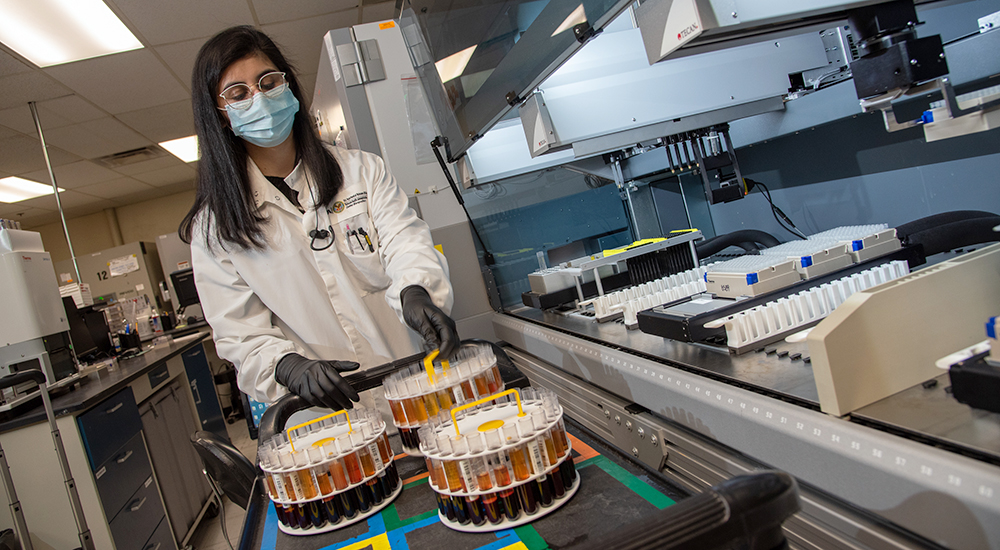Given his age and history of smoking, his nurse practitioner recommended a CT scan that revealed stage 1 lung cancer.
Lung cancer affects almost 8,000 Veterans every year. VA and NASA come together to encourage Veterans to get screened.
A Marine Corps Veteran had a CT scan. The screening revealed early-stage lung cancer. Here's his care journey through VA.
Lung cancer is the deadliest cancer among Veterans with nearly 900,000 Veterans who may be eligible for lung cancer screening.
Throughout its history of more than 75 years, VA has funded critical research that has led to many medical advancements instrumental to the agency’s primary goal: to honor America’s Veterans by providing exceptional health care that improves their health and well-being.
Non-small cell lung cancer, the most common form of lung cancer, is the leading cause of cancer-related death in the United States. Surgery is the gold standard treatment for early-stage lung cancer.
Houston VA has identified 12 Veterans with non-small cell lung cancers. Thanks to early detection, all are getting treatment and doing well.
The National TeleOncology service provides access to specialized cancer care across the country to Veterans who need it.
Almost 8,000 Veterans are diagnosed and treated with lung cancer every year at VA. You may be eligible for lung cancer screening.
Cancer screenings catch cancer early which can help treatment out comes. Screenings with best outcomes: lung, cervical, colon, and breast.
Cancer clinical trials are research studies that explore new ways to treat cancer and improve quality of life for patients.
The theme of this year’s National VA Research Week, May 17–21, is “One Team, One Mission,” reflecting the nationwide focus of VA researchers on improving Veterans’ health care and quality of life.

